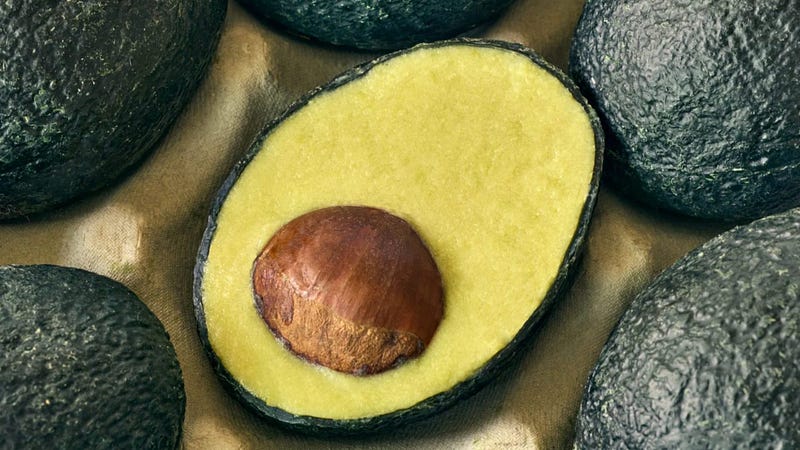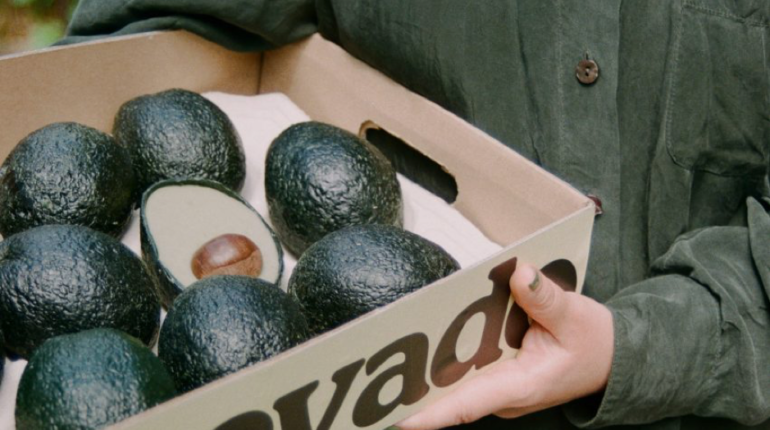Innovative Eco-Friendly Avocado Substitute: Ecovado
Written on
The Rise of Ecovado: A Sustainable Solution
Ecovado presents a novel approach to address our avocado obsession. A graduate student from Central Saint Martins in London has crafted an eco-conscious substitute that satisfies breakfast cravings while being gentler on the environment.
The ongoing debate about the soaring cost of living often points fingers at our love for avocado toast, suggesting that if we cut back on this pricey indulgence, we might save enough for a house. This notion, while somewhat simplistic, raises an important discussion about our avocado consumption habits.
Avocados thrive on trees that absorb CO2 and generate oxygen, yet their water requirements are substantial. Growing a kilogram of avocados can demand over 2,000 liters of water, depending on various factors. In contrast, vegetables like tomatoes, cabbage, and spinach only require about 200 liters per kilogram, highlighting the significant water footprint of avocados.

Environmental Impact of Avocado Production
The increasing demand for avocados has resulted in deforestation in Mexico and water shortages in Chile. Although avocados are shipped by sea—a relatively low-carbon transportation method—these delicate fruits are prone to bruising, making them less sustainable in the long run.
Sustainable agriculture experts argue that avocados aren't inherently harmful. Rather, the issue lies in their status as a staple food in Western diets when they should be treated as a luxury. With proper management, avocado farms can operate sustainably, akin to Oprah’s backyard plantation. However, most of us don't have that luxury and must rely on local supermarkets for imported avocados.
On a positive note, a greener alternative appears to be on the horizon.
This video titled "This Is NOT An Avocado" highlights the environmental implications of avocado consumption and introduces Ecovado as a viable solution.
Enter Ecovado: A Game-Changer
To help avocado enthusiasts lessen their ecological impact without sacrificing flavor, Arine Shokouhi has introduced Ecovado, a revolutionary substitute.
Crafted from locally sourced ingredients and encased in biodegradable wax, Ecovado mimics the texture and taste of actual avocados while significantly reducing its environmental footprint. Shokouhi collaborated with food scientist Jack Wallman from the University of Nottingham’s Food Innovation Centre to analyze avocados' chemical and molecular structures, ensuring that the alternative closely resembles the original.
Shokouhi emphasized, “The flavor of avocado is quite subtle and often described as creamy.” Creating similar flavors and textures from local, low-impact ingredients was a challenge. While olive oil might seem like a logical choice, its importation led Shokouhi to select UK-grown rapeseed oil instead.
The creamy interior of Ecovado consists of a balanced mix of broad beans (for mild bitterness), creamed hazelnuts (adding nutty richness), and apples (for texture and a hint of sweetness).

Innovative Design and Benefits
Ecovado's outer layer features a waxy skin that closely resembles a real avocado, enhanced with food coloring for authenticity. This outer layer is both compostable and biodegradable, even offering the option to be repurposed into a candle—perfect for eco-conscious crafters.
What’s an avocado without its pit? Ecovado includes a nut at its center—walnut, chestnut, or hazelnut—that is also edible.
While completely eliminating avocados from our diets may not be necessary, reducing their intake and occasionally opting for a sustainable alternative like Ecovado can be beneficial. With more all-natural, eco-friendly substitutes entering the market, why not indulge in a more sustainable choice?
This second video, titled "This Is Not An Avocado," showcases the innovative aspects of Ecovado and how it can fit into a sustainable lifestyle.